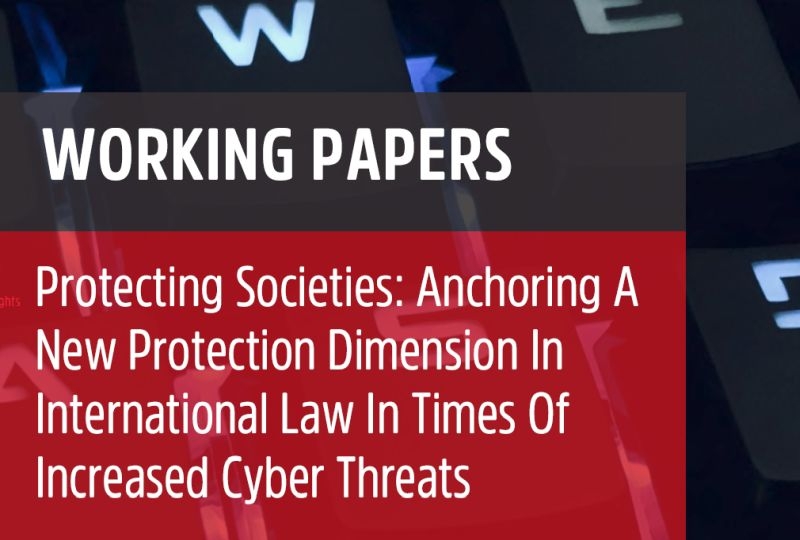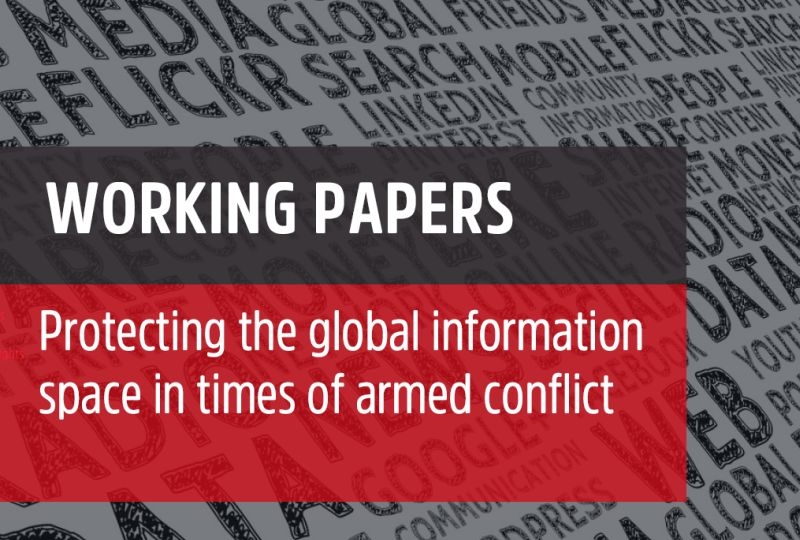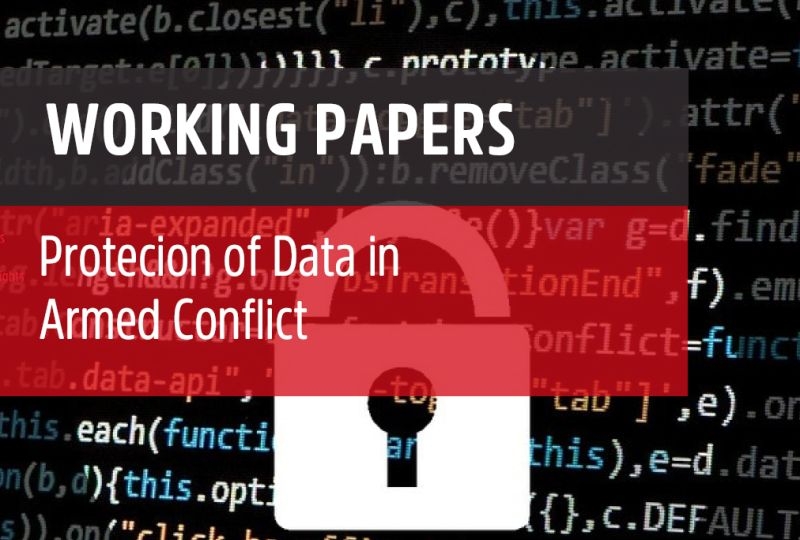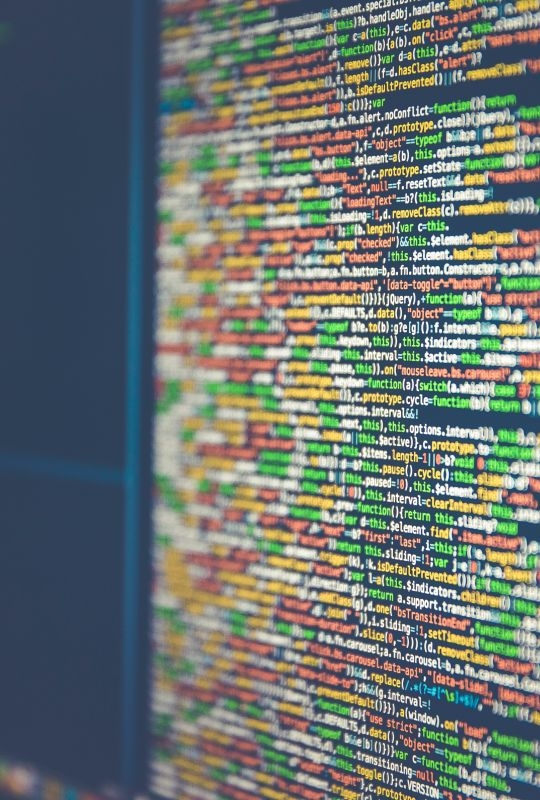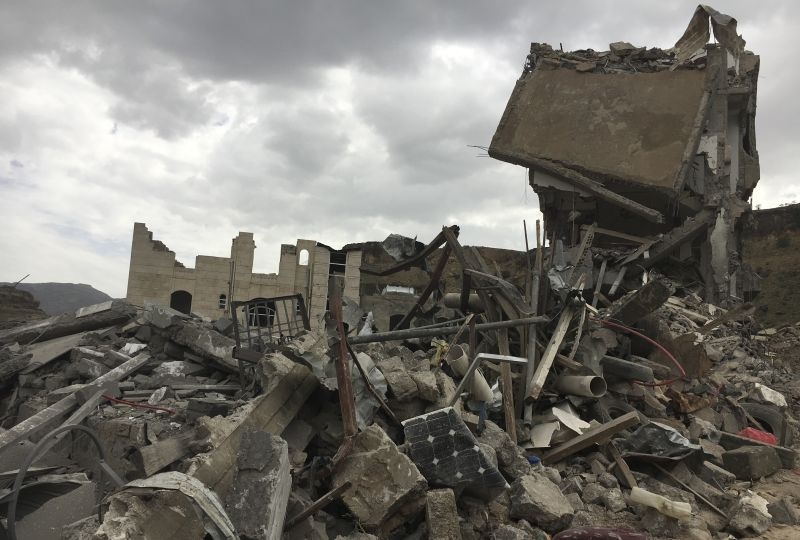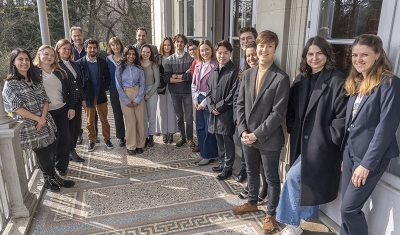Building on existing legal discussions concerning the status of ’data’ in the law of armed conflict, the third paper Protection of Data in Armed Conflict attempts to refocus the debate by clarifying the different ways the notion of ’data’ can be conceived, and how these differences require nuanced legal approaches. On that basis, the paper presents a novel way to conceptualise the protection of ’data’ in armed conflict.
’In light of persisting ambiguities of existing law, the targeting of content data continues to fall into a legal grey zone, with potentially wide-ranging ramifications both for the rights of individuals and the functioning of civilian societies. Therefore, a paradigm shift is proposed: instead of taking existing rules of IHL and applying them to ’data’, we should contemplate applying the principles of data protection, data security, and privacy frameworks to military cyber operations in armed conflict’ underlines Henning Lahmann.


